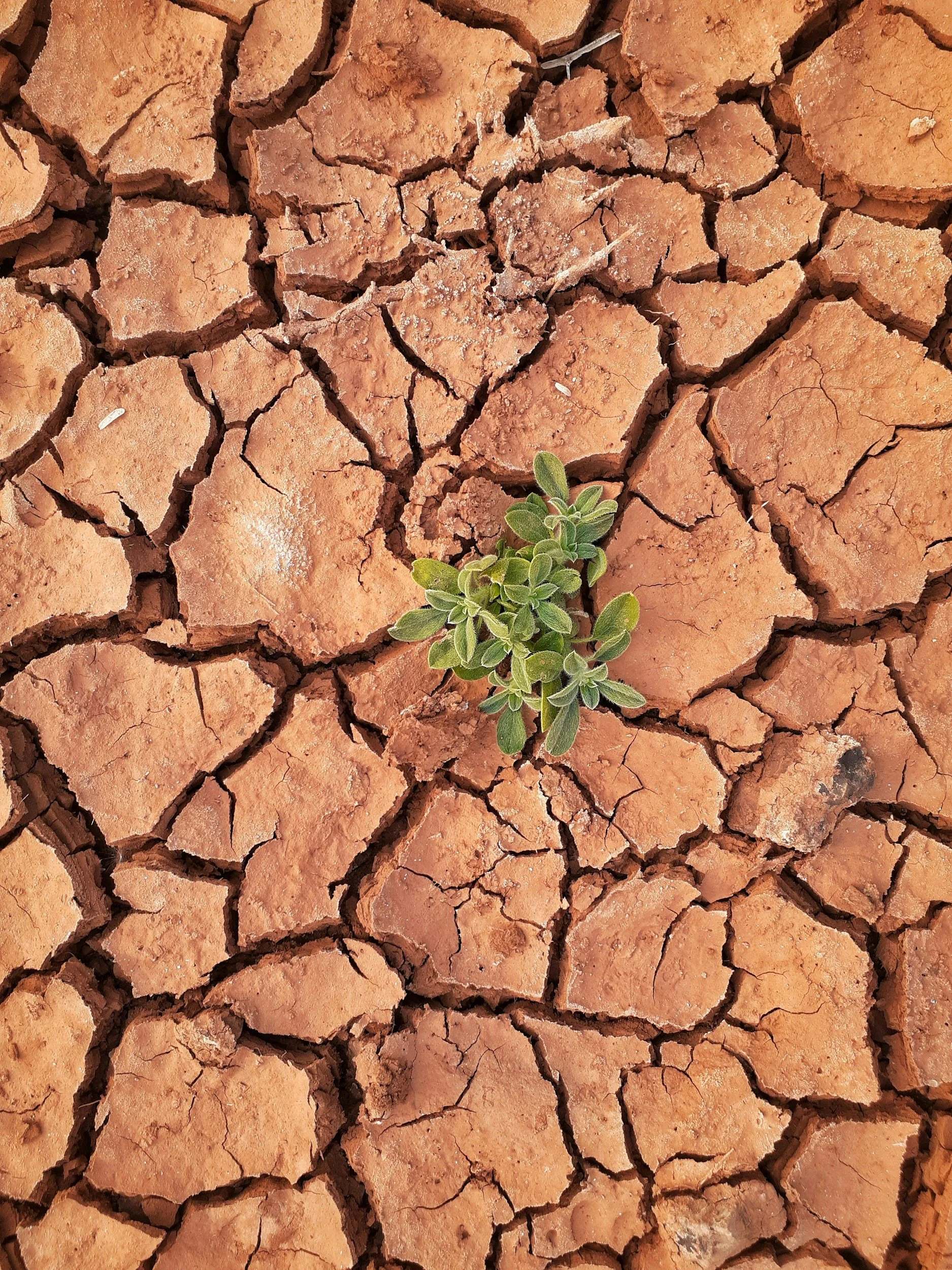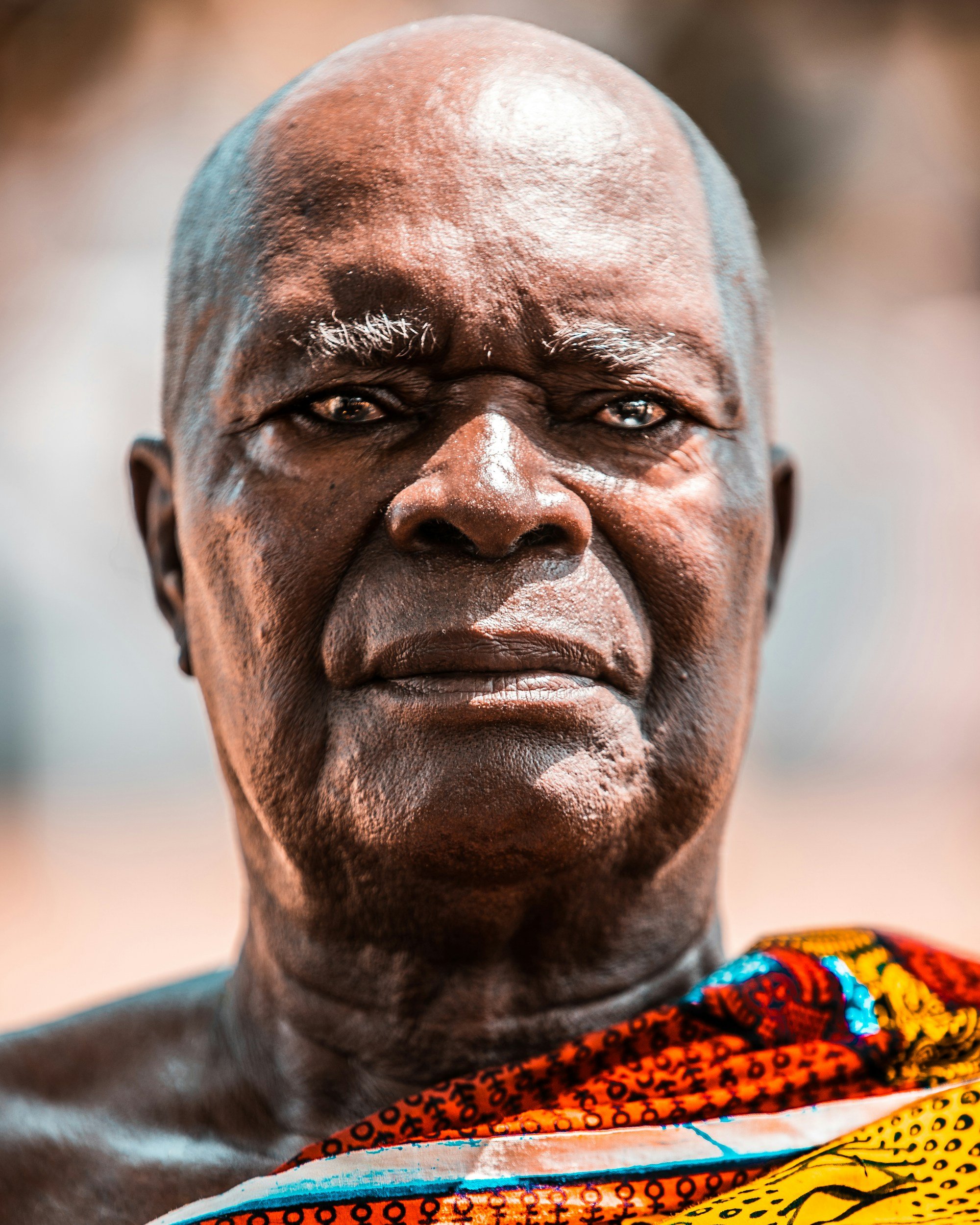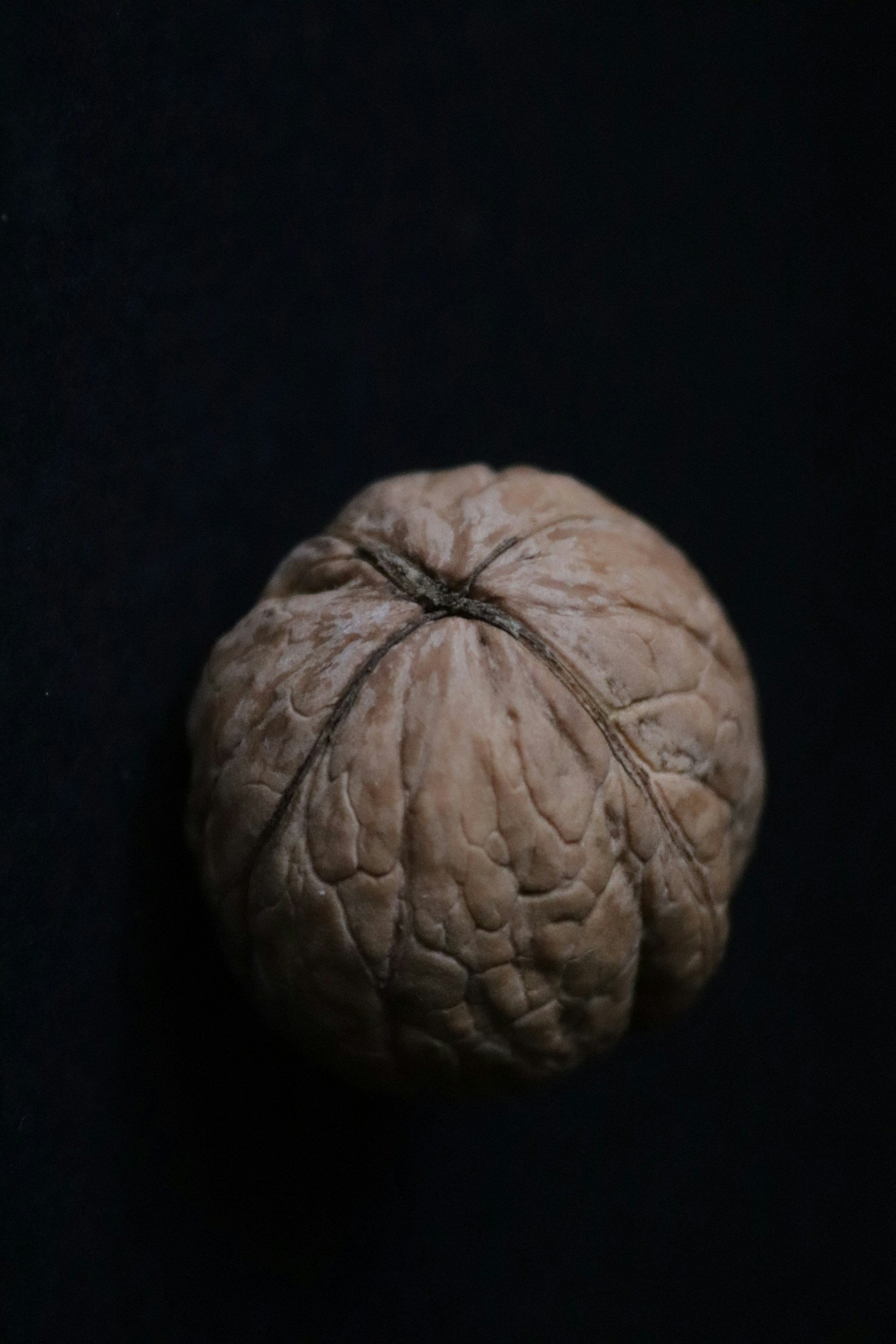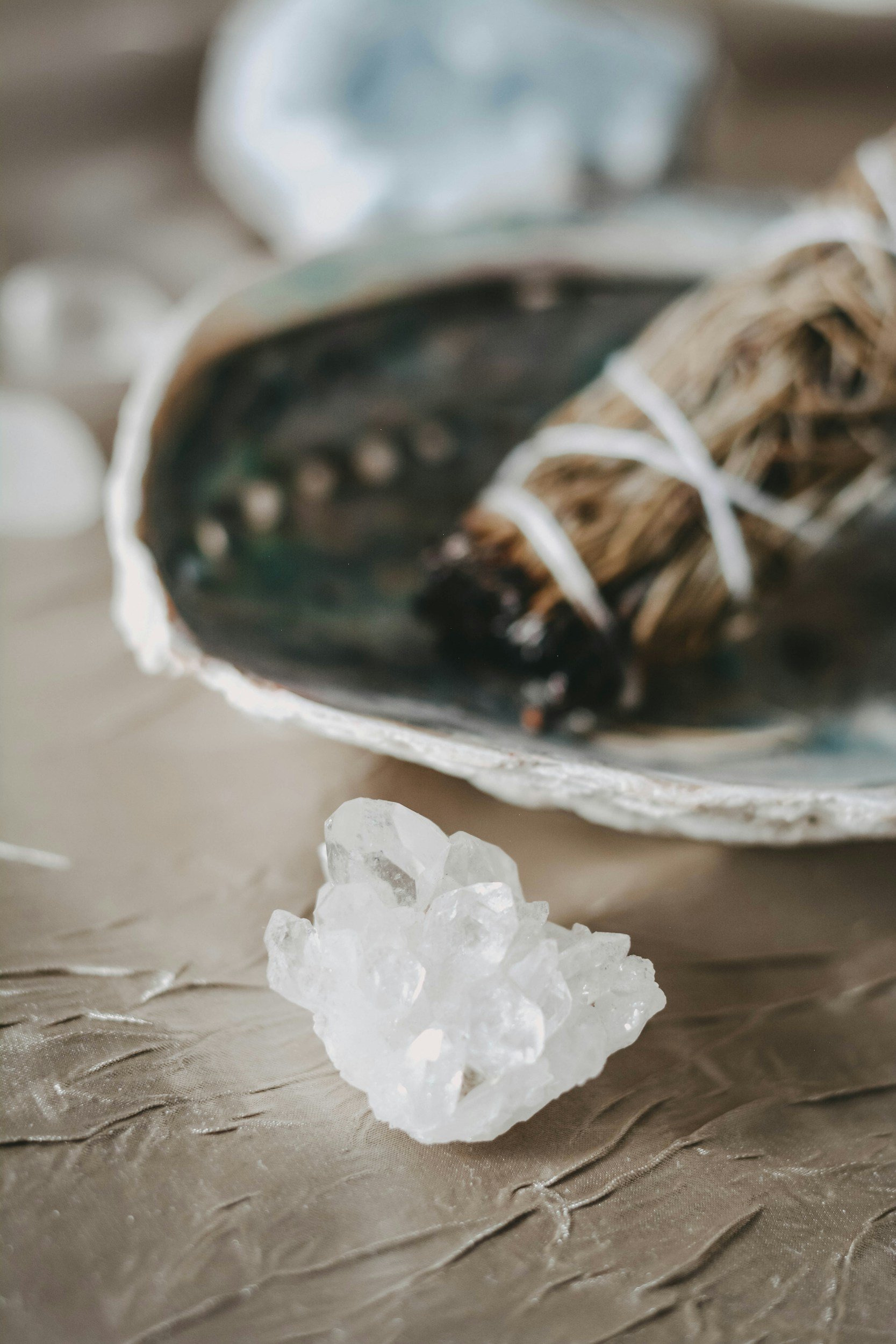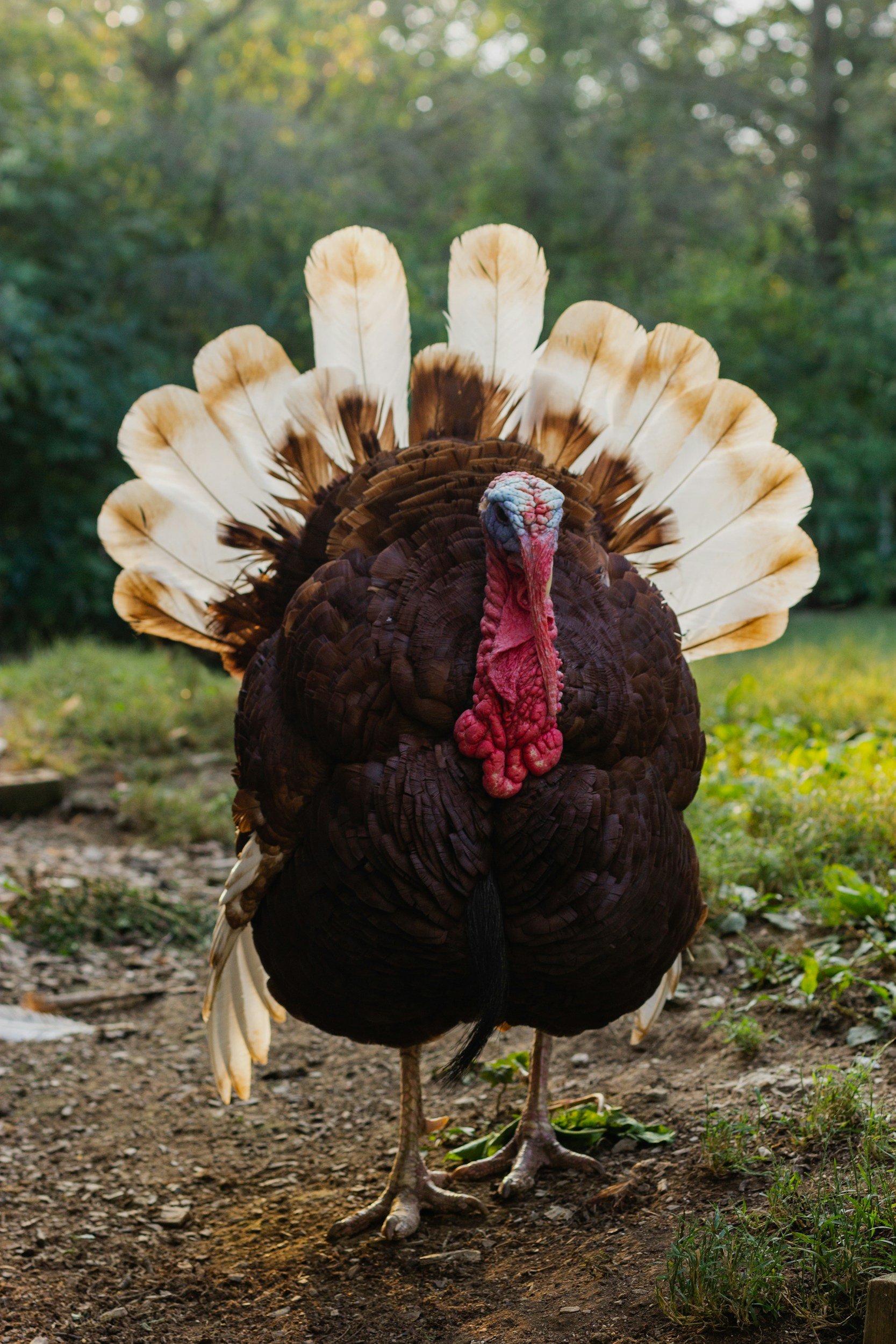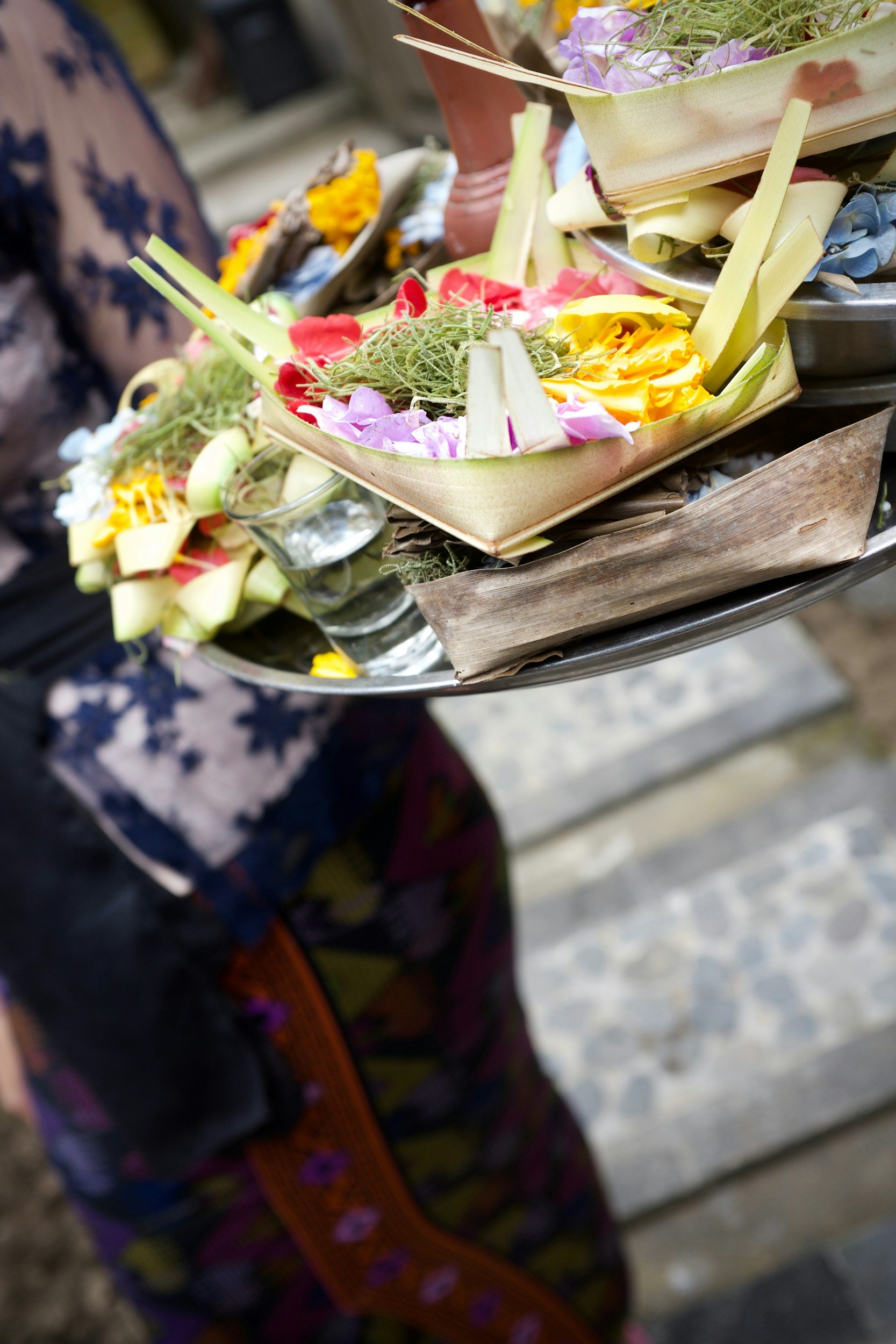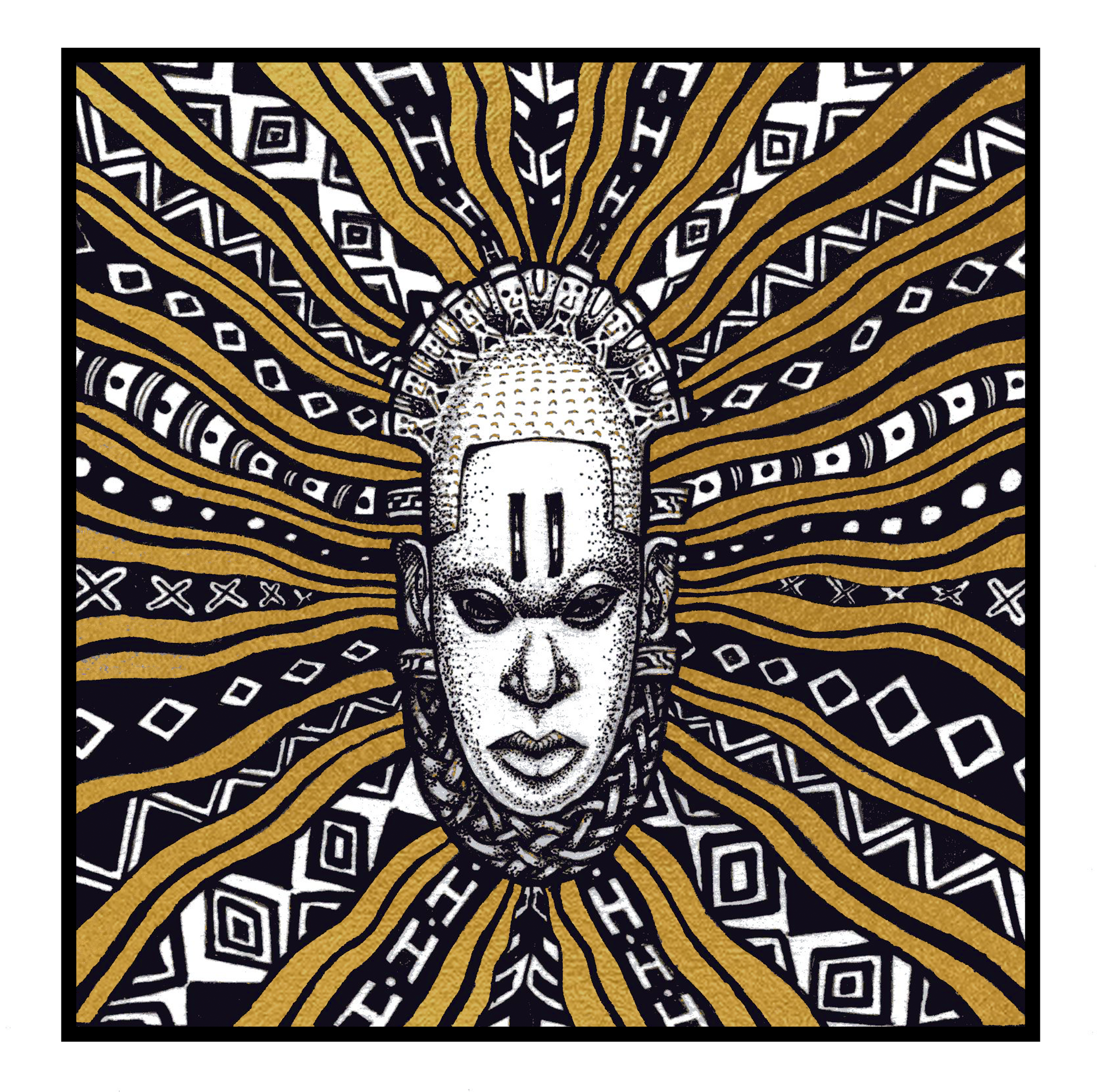How to Break Kolanut in a Gathering: A Simple Guide to Iwa Oji
Oji—kolanut is a significant cultural and spiritual symbol in many West African societies, particularly among the Igbo people. Breaking the kolanut is known as "Iwa Oji," it is a highly reverred ritual imbued with respect, tradition, and spirituality. In this post, we will provide a detailed look into the process of breaking kolanut, the symbolism behind the ritual, and the etiquette involved in Iwa Oji, which makes it an indispensable part of communal gatherings, traditional ceremonies, and significant life events.
What is Iwa Oji?
Iwa Oji translates to "to break open the kolanut" in the Igbo language. This ritual is a fundamental aspect of hospitality and is performed at various occasions, including weddings, funerals, and community meetings. Kolanut is also revered for its role as a sacred offering to ancestors and deities in Odinani, the Igbo spiritual tradition.
Symbolism of the Kolanut
Kolanut holds deep symbolic meanings for rituals in Igbo culture:
Unity: The segments of kolanut represent unity and togetherness. A kolanut that splits evenly symbolizes peace and harmony among those present.
Hospitality: Offering kolanut to guests is a sign of welcome and generosity in Igbo culture.
Communication with the Divine: Kolanut is usually used in prayers and divinations, as it can serve as a medium for communicating with spiritual entities.
Iwa Oji: Steps to Break Kolanut
1. Preparation and Selection of Kolanut
Choose a healthy-looking kolanut. It is preferable to use a kolanut with multiple lobes.
Clean or wash the kolanut gently with water to remove any dirt or residue. Peel it if it still has its covering.
2. Setting the Scene
Gather participants around in a circle. It is customary for everyone to sit to create an atmosphere of unity.
The eldest or a designated respected person in the group usually performs the breaking of the kolanut. This role can also be assigned to a spiritual leader or the host of the event.
3. Prayers and Offerings
Before breaking the kolanut, offer prayers. These prayers can be to God (Chukwu), the Earth (Ala), ancestors, or specific deities depending on the occasion and the attendees' beliefs.
It is common to acknowledge the presence of everyone and ask for blessings, peace, and prosperity for all.
4. Breaking the Kolanut
The kolanut shouldalways be broken with the hands and not a knife. Using a knife can imply cutting the community’s unity or worse.
Break the kolanut into as many pieces as there are lobes. Each piece symbolizes a part of the prayer or blessing.
5. Distribution of the Kolanut
After acknowledgement from the eldest or most revered person present, distribute the pieces clockwise to all present. This distribution is a gesture of sharing blessings and goodwill.
Each participant typically takes a piece of the kolanut and may choose to eat it as a sign of accepting the blessings and prayers.
6. Closing the Ritual
After everyone has received a piece, the leader may offer a final prayer or word of thanks.
The ritual concludes with general merriment, eating, and drinking, reinforcing the communal bonds.
Cultural Etiquette
Respect: Show utmost respect during the ritual. Silence is usually observed during prayers, and attention is given to the person breaking the kolanut.
Participation: Everyone present is expected to take part in the ritual by accepting a piece of the kolanut.
Gratitude: Express gratitude to the host and the elder or leader performing the Iwa Oji.
In Conclusion
The ritual of breaking kolanut, or Iwa Oji, is a cherished tradition among Igbos and other West African communities, as the act symbolizes unity, peace, and divine connection. Knowing the details and participating in this ritual is a beautiful way to deeply connect with Igbo culture and its rich spiritual heritage. Be it at a formal gathering or a casual meeting, the act of sharing kolanut encourages a sense of community and mutual respect that is central to the Igbo way of life.
If you liked this post, share it with others. Let us know if you have any insights to add on the subject in the comment section below.
Recommended Resources:
Step 9: Iwa Ọjị | An Igbo Cyber Shrine (Article)
Iwa Oji - Breaking the Kola Nut | Global Faith Ministries of Chiism (Article)
Know The Meaning of Oji and its Lobes in Igbo Tradition | Truth and Wisdom Forum (YouTube)
Igo Oji Igbo (Igbo cultural prayer with Kolanut) | Igboness (YouTube)
Igo Oji (Breaking of Kola nut) | Onye Dee (YouTube)




